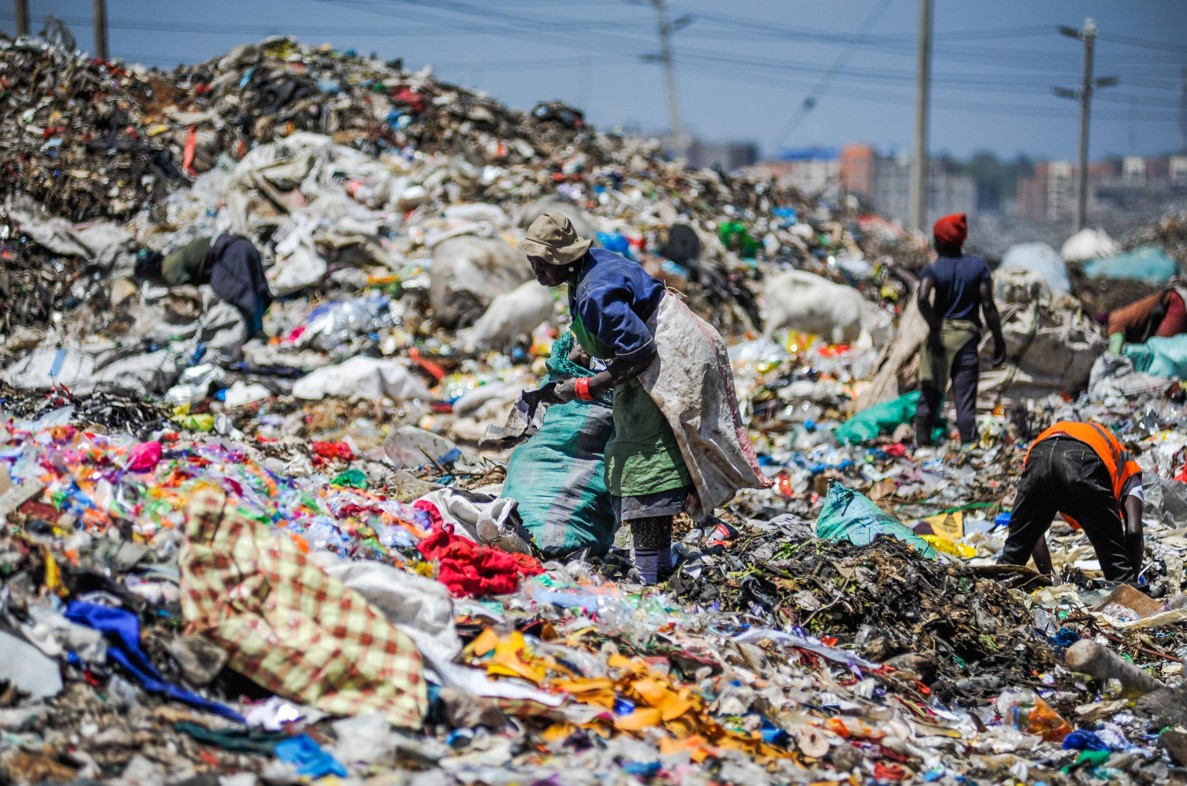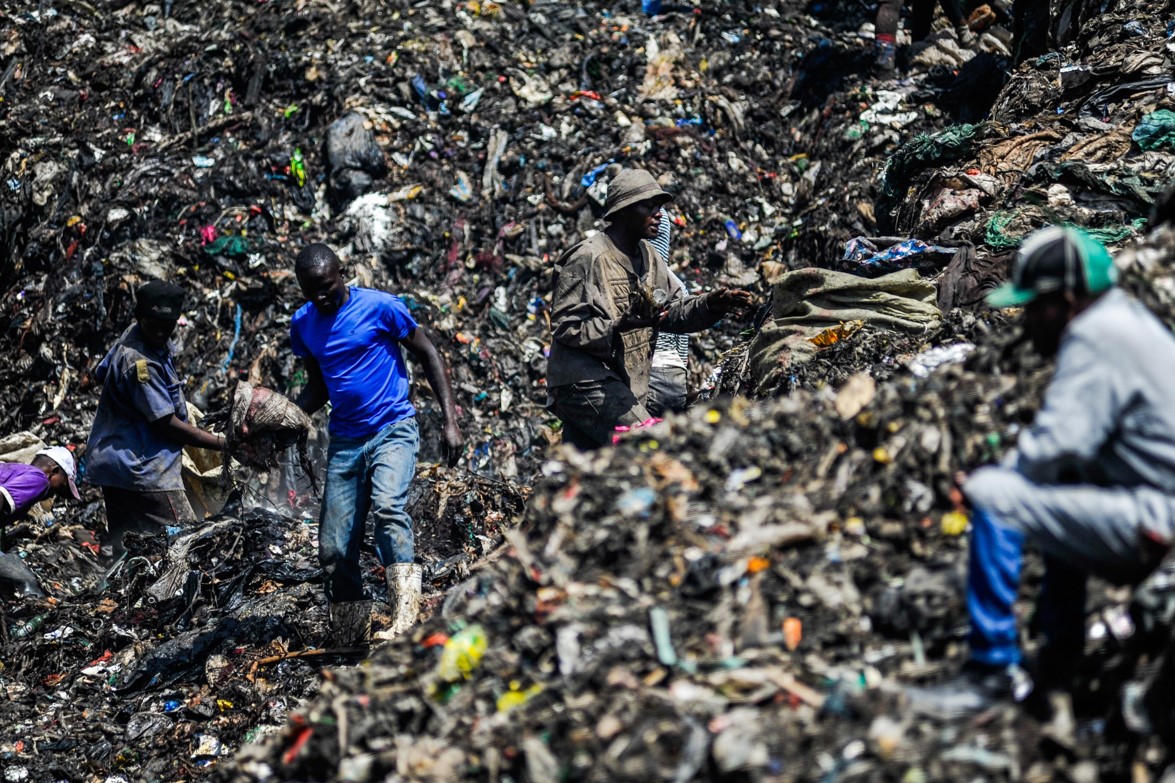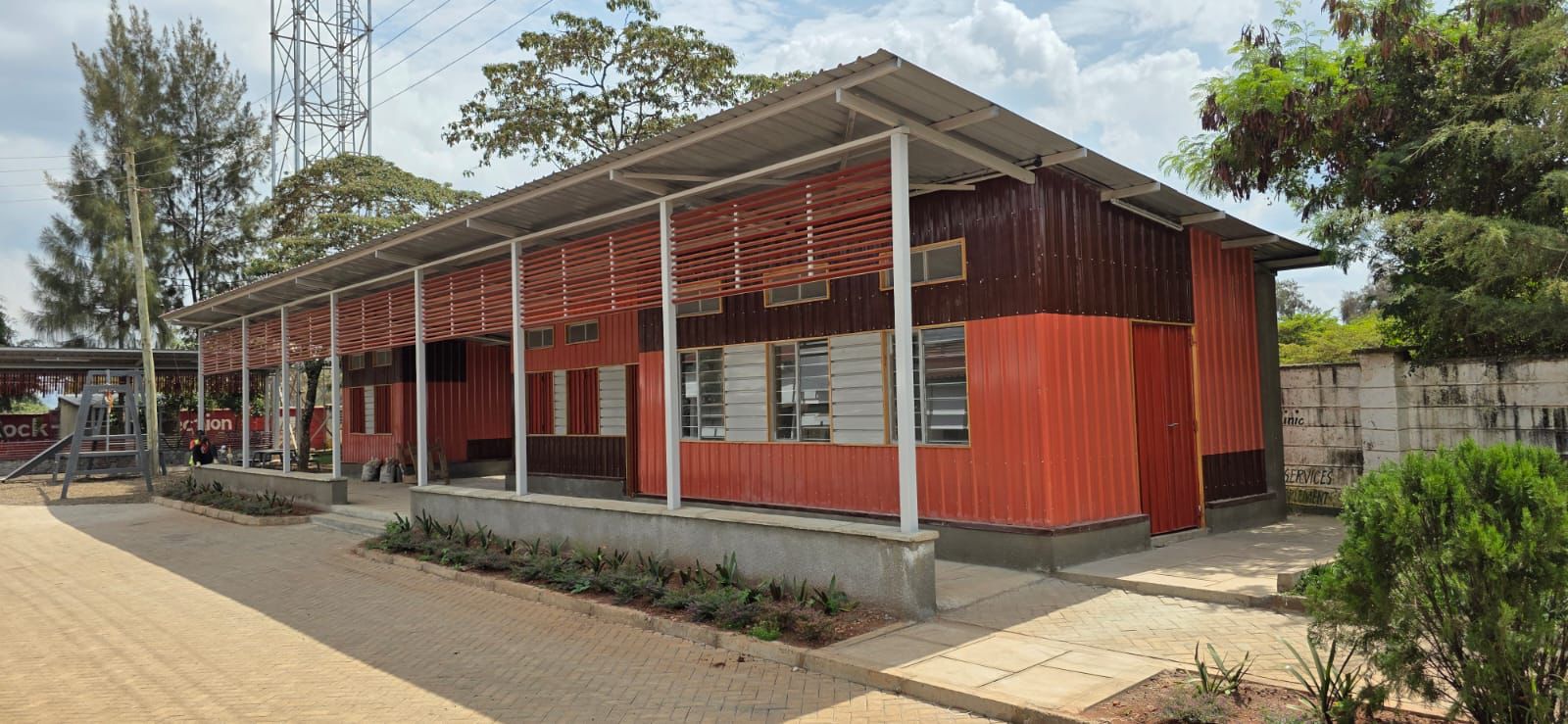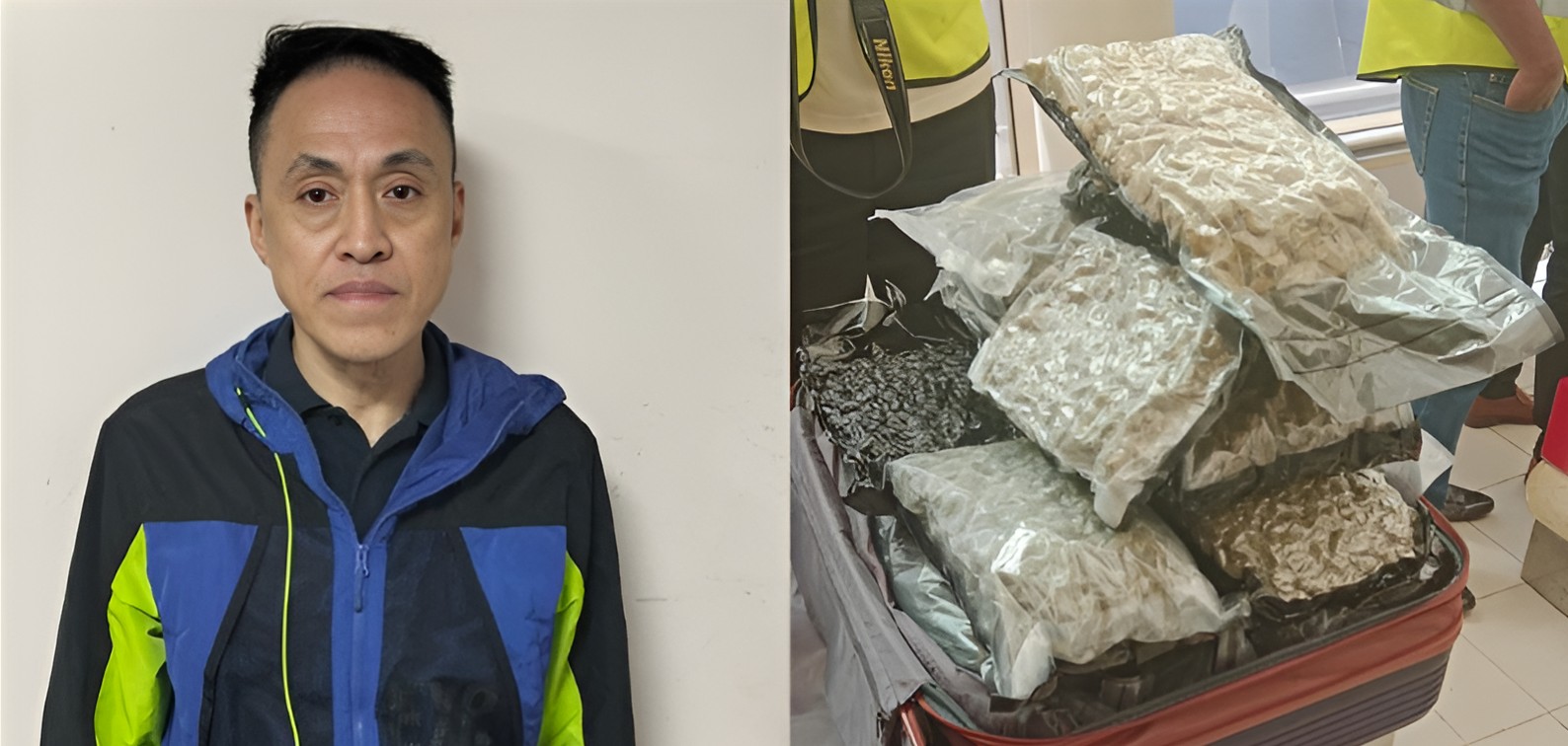City Hall lacks full ownership of Dandora dumpsite, report reveals

The Auditor General in her report says City Hall risks loss or misappropriation of the land if the ownership is not regularised.
Plans to convert the Dandora dumpsite into an energy plant might have hit headwinds after it emerged that the Nairobi County Government doesn’t fully own the land.
Auditor General Nancy Gathungu in her report for the County Executive of Nairobi for the financial year ending June 2023, reveals that the Dandora dumpsite is approximately 50 hectares.
More To Read
- Counties blamed for garbage crisis as CS Barasa cites rampant defiance
- NEMA cracks down on improper waste transport under new regulations
- Kinshasa flood disaster highlights deadly mix of rapid urban growth and poor infrastructure
- How Rwanda's capital Kigali became Africa's cleanest city
- Duale says Kenya to introduces colour-coded bags for waste segregation
- Counties seek shared solutions to address waste management challenges
However, City Hall possesses ownership documents for only 15.02 hectares out of the total 50 hectares.
“The Dandora dumpsite is approximately 50 hectares. However, management has ownership documents for land measuring 15.02 hectares while 34.98 hectares have no ownership documents,” reads the document.
As a result, Gathungu highlights that City Hall risks loss or misappropriation of the land if the ownership is not regularised.
The Dandora dumpsite was officially opened in 1975 with World Bank funds and 26 years later in 2001, it was considered full to capacity.
Lacks title deed
In 2016, a German firm that was contracted by City Hall to set up a Sh28 billion power plant at the Dandora dumpsite withdrew because the county lacks a title deed for the land, the report says.
The 2014-15 report by the Auditor General revealed that the firm Sustainable Environment Management UG had asked the county to provide the title deed for the 30 acres before it invested in the project.
 People collect items that are still intact to sell among waste material at the Dandora dumpsite on January 14, 2023. (Photo: Gerald Anderson/Anadolu Agency via AFP)
People collect items that are still intact to sell among waste material at the Dandora dumpsite on January 14, 2023. (Photo: Gerald Anderson/Anadolu Agency via AFP)
The firm was to eliminate the need to relocate the dumpsite by investing in renewable energy using the waste as the raw material to produce as much as 160MW of power daily.
Former County Lands Executive Christopher Khaemba had acknowledged then that City Hall did not have a title deed for the land but they could acquire one if they get a serious investor.
Up to date, the site still serves as Nairobi’s main dumpsite today
According to a report from the National Environmental Complaints Committee (NECC), Kenya produces 22,000 tonnes of waste daily, with Nairobi County contributing 2,400 tonnes.
The waste composition includes 60 to 70 per cent organic, 20 per cent plastic, 10 per cent paper, two per cent metal, and one per cent medical waste.
Unfortunately, all waste is deposited at the Dandora dumpsite without any segregation, leading to a mixture of plastic with decomposing garbage.
The dumpsite poses health risks, contributing to the rise of chronic diseases in the neighbourhoods nearby.
Last year, Nairobi Governor Johnson Sakaja initiated plans to establish a waste energy processing plant in Dandora.
The plans aimed to alleviate the overcrowding at the already full Dandora dumpsite and address the issue of illegal garbage dumping in the city.
City Hall issued an Expression of Interest for the waste plant, inviting proposals for the design, construction, financing, maintenance, operation, and transfer of waste to an energy processing plant in Dandora.
Top Stories Today












































